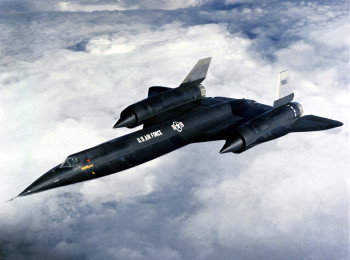 Trying to jack the latest networking tech under the bonnet of Lockheed Martin’s new F35 jet is causing the project some major headaches.
Trying to jack the latest networking tech under the bonnet of Lockheed Martin’s new F35 jet is causing the project some major headaches.
At the heart of the problem is the 2B software which sits at the heart of the $391 billion programme.
Lieutenant General Chris Bodgan said software testing in December revealed problems with the ability of the jets to fuse data about threats on the ground when four F-35s were flying at once. Rhis has lead to project delays.
The issue was being corrected and tested, he said, but the final version of the software would not be ready until early autumn instead of June.
As a result, Lockheed would likely forfeit some of the $300 million in incentive fees linked to completion of three separate software packages – 2B, 3I and 3F – for the jet, he said.
Bogdan said the current version of the software was safe for pilots to fly and the program office could have fixed the problem as part of the 3I software effort, but was pressing ahead now to avoid future delays.
For instance, the fusion problem did not occur when two jets shared data, which meant the Marines could fly two sets of two jets, instead of combining them into a four-jet set, he said.
The software was closely monitoring work on a computer-based logistics system, bulkhead issues with the B-model, and efforts to make the planes more reliable.
Despite all this, the Marines are happy with the programme which in other respects was doing well.





